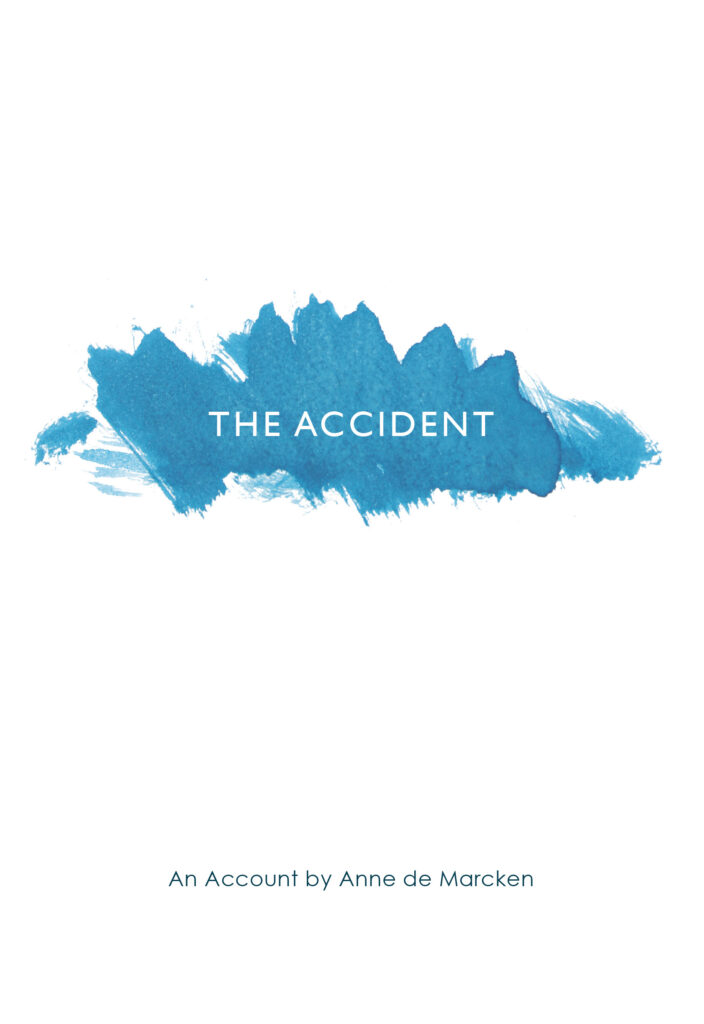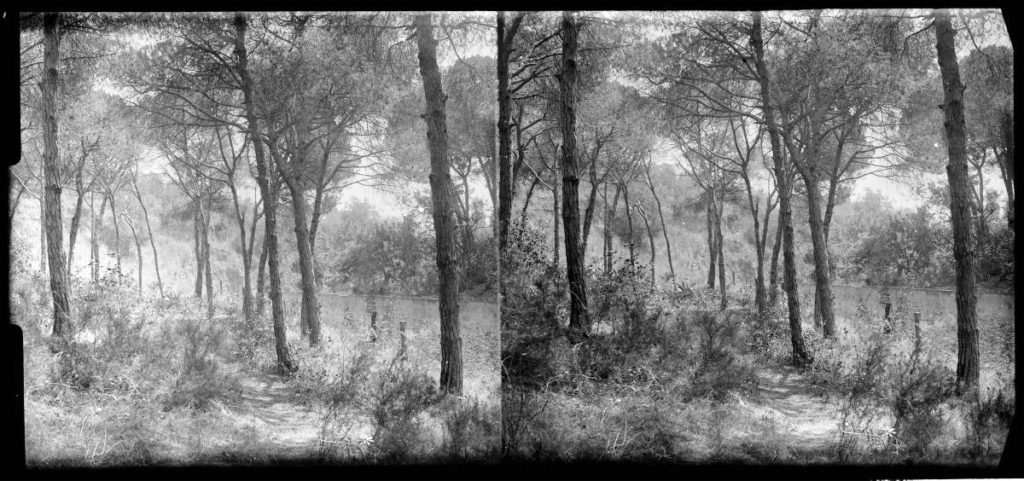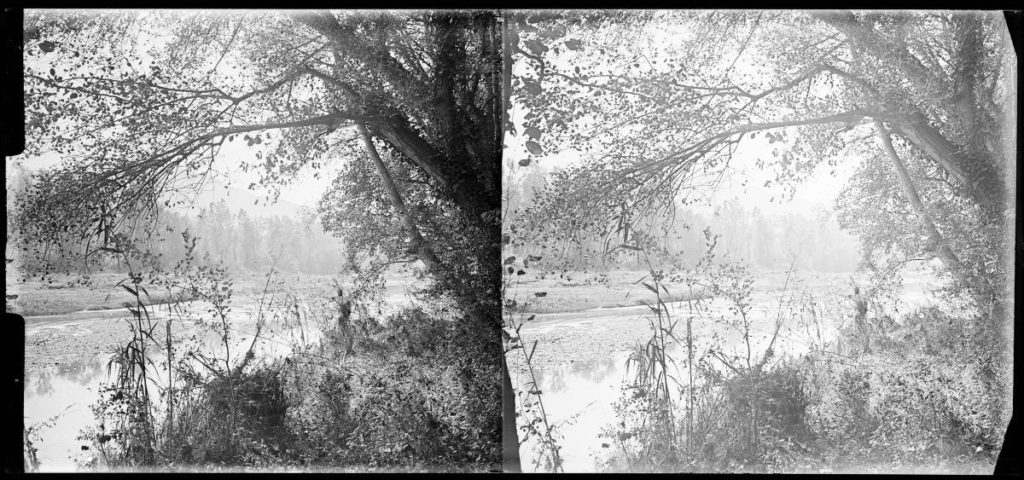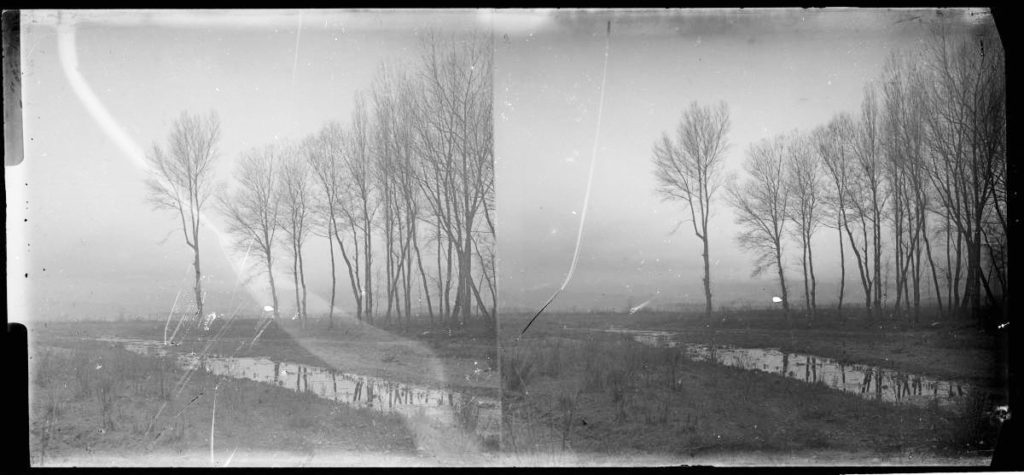
The Accident is a fragmentary, lyric thing. Not a story. Not a record. An account—provisional and subject to revision. It is a reckoning with the ways language and narrative fail to make sense of the recursive slippages of loss. Published by Spuyten Duyvil (2020).
Buy the book
This book haunted me. Moving back and forth between image and text, between page and screen via QR code and fragment, I was reminded of the ghostly effect I get from looking at stereograms. Focus on its pieces in the right mood, and a third, composite text emerges that jumps off the page. The Accident was an uneasy and pleasurable reading experience that remained bright in my mind well after putting it down. – Ander Monson, editor of DIAGRAM

The Accident takes place in that gap between seeing and feeling, feeling and knowing, “a bird trapped inside your head” and “something brighter than fear.” Lunar in its hold and its hope, this is a book that reaches through trauma to uncover memory as an end and a beginning. With its deft shifts in perspective, its images at once soothingly atmospheric and hauntingly specific, The Accident gestures toward a dream where intimate claustrophobia gives way to a landscape that shifts with the imagination. – Mattilda Bernstein Sycamore, author of Sketchtasy

Crepuscular and gradual, minimal and tender, the words and photographic poems in Anne de Marcken’s The Accident are filled with measured, continuous, indestructible longing. Juxtaposed to express the range and scope of their paradoxical and circular selves, her words and images take darkness from moment to moment and take light from moon to moon. Her work is small and bright “as if dawn itself has condensed and is hanging just above the ground.” And she has a quiet way of making you surrender, ecologically and aesthetically, through her account’s transient, fugitive beauty and explicit interlacing dormant fragility. – Vi Khi Nao, author of Human Tetris and A Brief Alphabet of Torture

